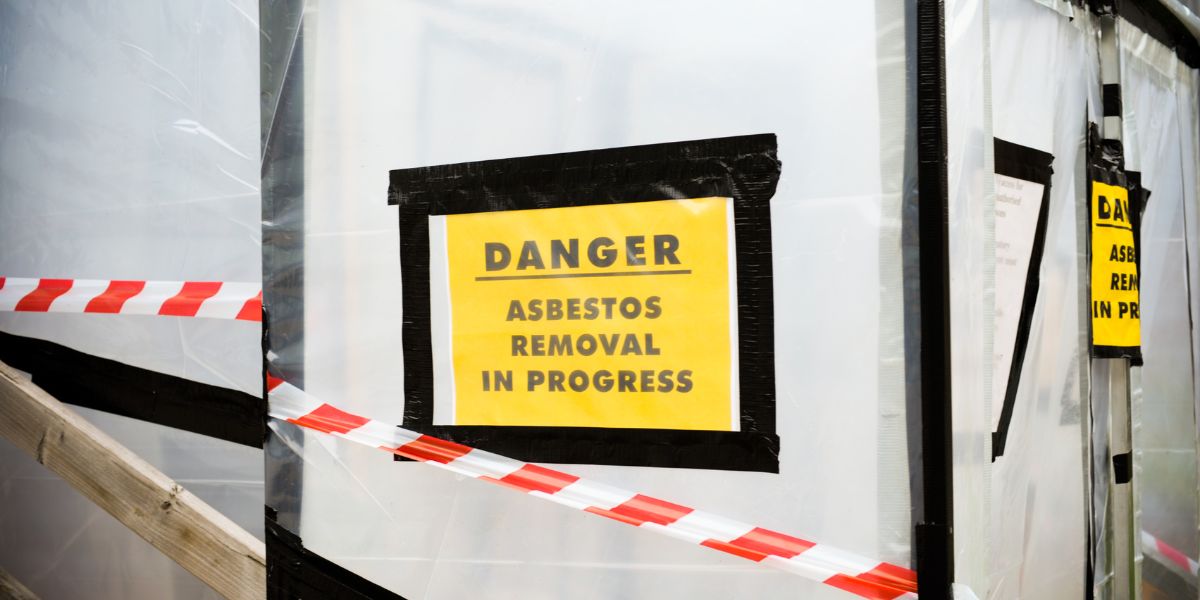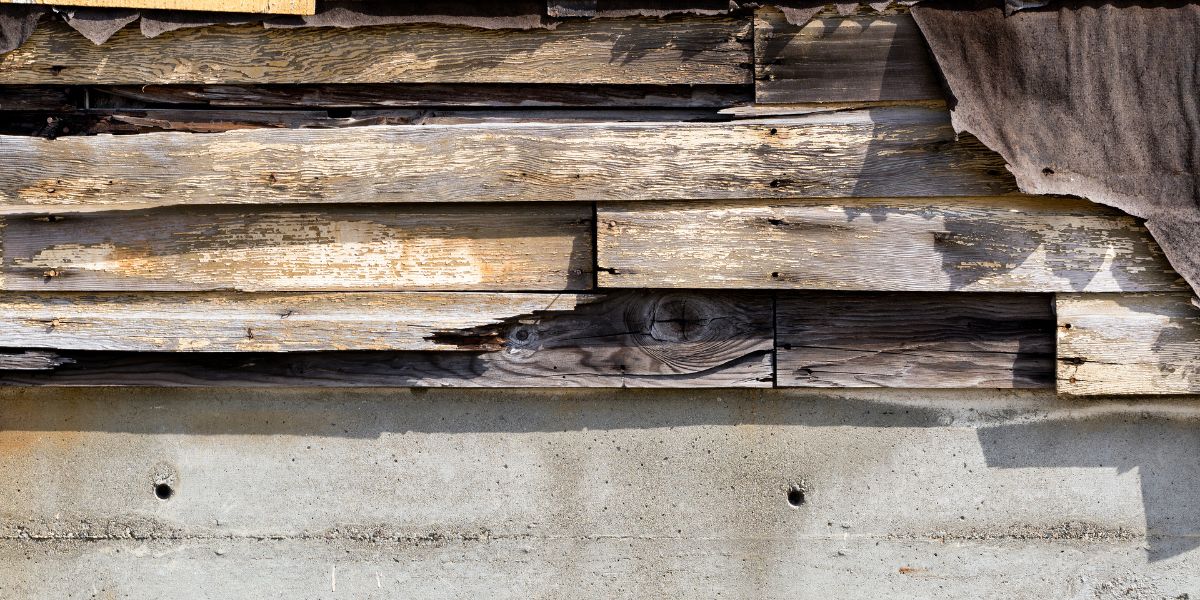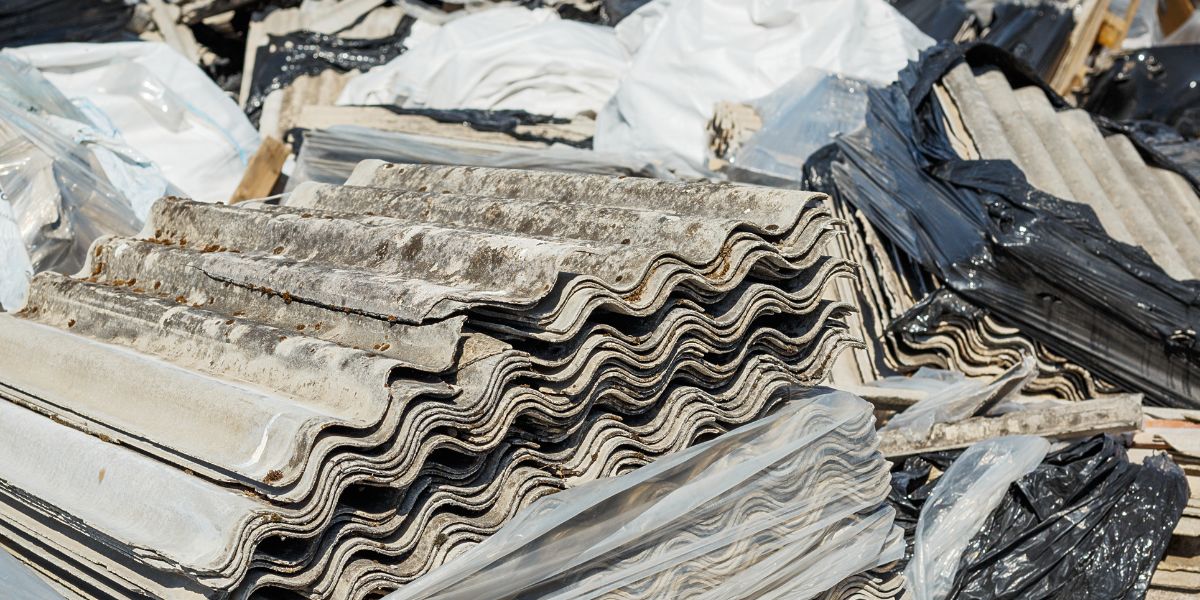The average homeowner doesn’t give much thought to their water heater—as long as it’s working right. The minute it quits, it creates a lot of commotion, especially if it happens in the middle of a hot shower. However, it can be especially a pain to deal with if it bursts and causes water damage to your home in Baltimore.
A ruptured water heater tank can cause thousands of dollars in damage, and they often require a lot of work to clean the affected area. Keep reading to learn more about what causes water heater bursts and how to handle them when they happen.
Causes of a Water Heater Burst
Modern residential water heaters are built to be sturdy and with several safety features, but that doesn’t mean they are risk-free. There are still many things that can lead to water heater bursts. The following are just the three main causes that homeowners need to be aware of:
- Sediment: There are trace amounts of minerals in all water, but it’s more common in hard waters. Unfortunately, these can build up in the bottom of the tank. As a result, more pressure is put on the heating element. The overheating can slowly start to compromise the tank’s integrity.
- Pressure: A water heater tank is built to handle pressure but only up to a certain point. Any excess pressure puts it at risk of exploding even when built-in safety features exist, as these can wear down over time.
- Corrosion: The majority of modern heating tanks are made from durable still, but that doesn’t mean they are corrosion-proof. As tanks age, they can eventually start to rust and weaken before they ultimately burst.
Warning Signs of a Water Heater Burst to Look For
A water heater burst can seem to happen out of nowhere since many people ignore the fixture after installation. However, there are actually many warning signs before it occurs. A water tank rupture can be prevented when homeowners watch for:
- Pools of Water: If there are small or large puddles of water surrounding the base of the tank, it’s a good sign that the water heater is failing. It should never leak, but it is common with tanks that have been used for six or more years.
- Corroding Valves: It’s recommended that homeowners regularly inspect their water heater pressure valves. If they are showing signs of corrosion, it could mean that the tank is at risk of bursting.
- Failing Parts: When tanks stop producing hot water, that’s an indication that the heating element is no longer working. It’s common with age, so it might be a sign that a heater is deteriorating to the point of rupturing.
- Drastic Temperature Changes: The average water heater should sit at a temperature between 120 and 125 degrees. Extremely low or high temperatures could signal that the heater has gone bad.
- Unusual Sounds: It’s never a good sign if a water heater starts making clunking, knocking, or whining noises. These sounds usually indicate a build-up of sediment.
What to Do if About Suspected Water Leaking from a Washing Machine
When a water heater bursts, time is the enemy. The longer it takes to clean up the water, the more risk there is of developing secondary water damage. In order to restore the affected area as quickly as possible, homeowners should take the following steps:
- Shut off the main water supply to stop the flow
- Turn off power to prevent electrical hazards
- Get in touch with a plumber to fix the water heater
- Contact a water damage restoration company to clean up
Find out More About How to Deal with a Water Heater Burst in Baltimore
A water heater can burst when you least expect it, but First & Last Restoration is always here to help! Our Baltimore water damage restoration company offers emergency services throughout the Baltimore area. That means you can contact us 24/7 to request our assistance. Local homeowners and businesses can reach us by calling or by visiting our contact us form.


















